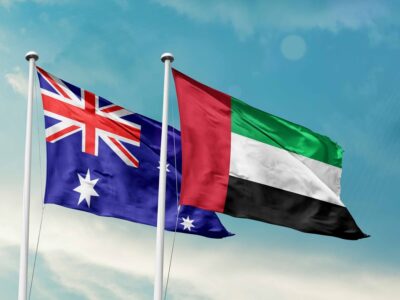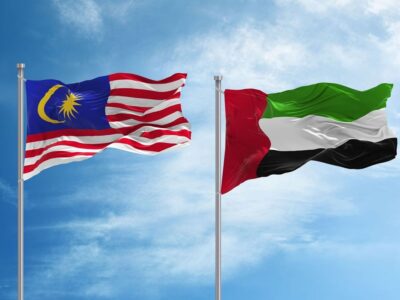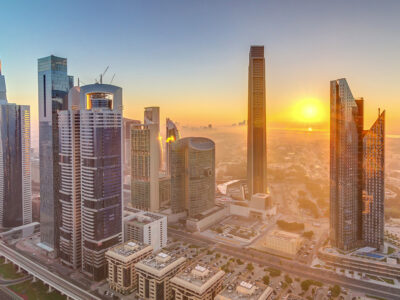The United Arab Emirates restructured its government, merging 50% of federal agencies as the Gulf nation seeks to shore up finances battered by the coronavirus pandemic and oil’s slump.
The new government has a year to achieve its “new priorities” and there’ll be “continuous changes” to improve efficiency and flexibility, Prime Minister Sheikh Mohammed Bin Rashid Al Maktoum said in a tweet on Sunday.
Gulf economies have come under pressure from the double whammy of lower oil prices and the Covid-19 crisis, driving governments to cut costs as they navigate the fallout.
Government changes:
- The Ministry of Energy has merged with the Ministry of Infrastructure and Suhail Al Mazrouei will head the combined entity.
- Abu Dhabi National Oil Co. Chief Executive Officer Sultan Al Jaber has been named minister of industry and advanced technology, as well as head of Emirates Development Bank. Al Jaber will remain Adnoc CEO after assuming his new position, according to the company.
- The Ministry of Economy has been split between three ministers: Abdullah bin Touq Al Marri (economy), Ahmed Belhoul (entrepreneurship and small and medium-sized enterprises) and Thani Ahmed Al Zeyoudi (foreign trade). The outgoing economy minister Sultan Al Mansoori also chairs several government bodies such as the Securities and Commodities Authority and the Federal Civil Aviation Authority.
- The Federal Electricity and Water Authority, Emirates Transport, Emirates Post Group and Emirates Real Estate Corp. will be brought under the Emirates Investment Authority.








